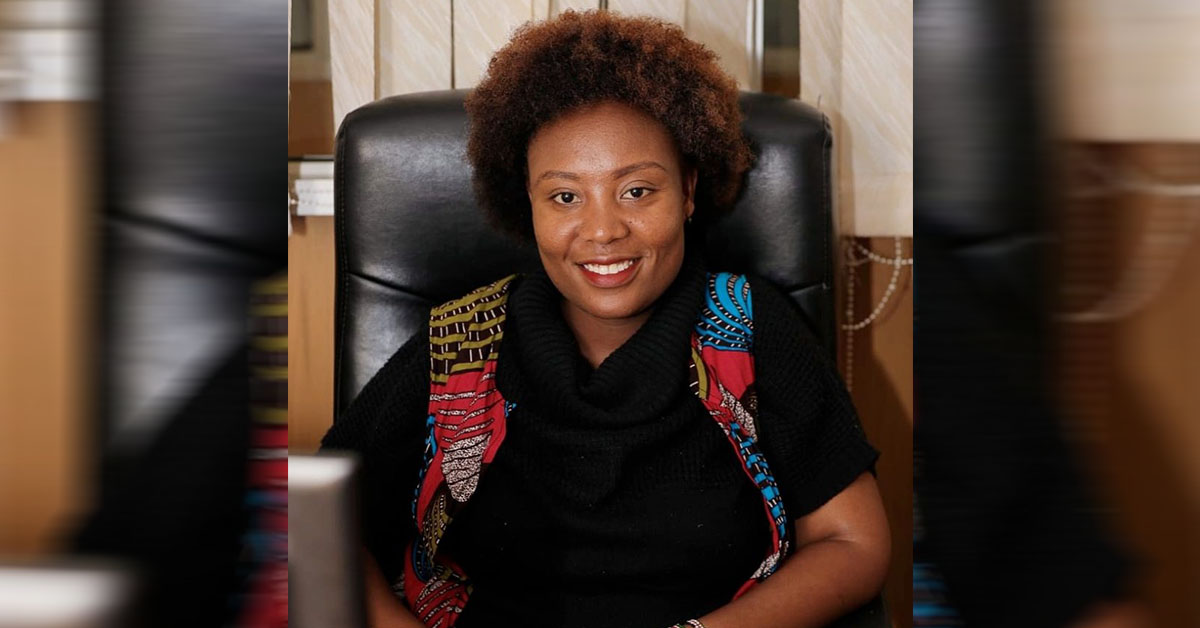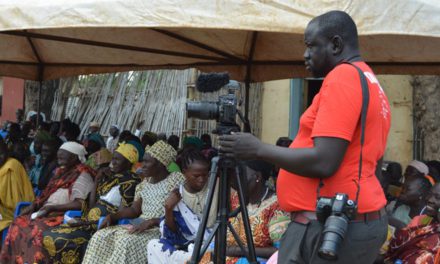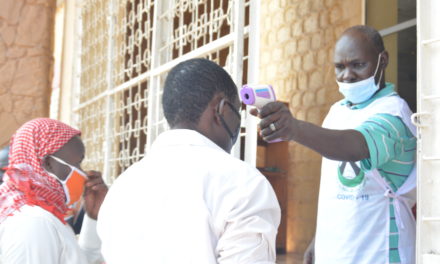
Postpartum Depression

“At some point I hated my own child because I felt like he came to punish me’’
By Hillary Murani
“When I got my second baby I realised things were not okay, I became emotional and struggled with motherhood. At some point the baby became colic and I never had time to rest’’
A mother of three, Pasquiline Njeri realized she was struggling with caring for her newly born second baby, and was not getting enough rest.
Oblivious of her current state entrenched in her new solitary personality, Ms Njeri harboured negative thoughts and was bombarded by the feeling that her husband was not being supportive enough.
“My mind was at play. I began feeling like I wasn’t being a good mother and my husband was not supportive enough, which wasn’t the case. This begun taking a toll on our marriage’’.
Her condition escalated to hatred towards her baby and at one incident she almost crushed. It was her close friend who suspected she could be suffering from depression.
“I realized I needed urgent help when I almost got hit by an oncoming car. It was my light bulb and it hit me that I was not okay. I hated taking care of my child. A friend of mine realised my problem and introduced me to a doctor and I began therapy session’’
After a few months of counselling, Ms Njeri was able to regain her health both physically and mentally.
Postpartum depression (PPD), also called postnatal depression, is a type of mood of a disorder associated with childbirth, which can affect both sexes. Symptoms may include extreme sadness, low energy, anxiety, crying episodes, irritability, and changes in sleeping or eating patterns. Onset is typically between one week and one month following childbirth.
Njeri’s story is similar to Geraldine Muiruri’s, who found herself in an unplanned pregnancy. After testing positive, millions of questions lingered on her mind.
‘’That morning when things went haywire. I could not imagine that even after using contraceptive I ended up pregnant. I done absolutely everything to be safe but life happened,” she quips.
Hard economic times, a colic baby, and severe pain caused by caesarean birth, Ms Muiruri says her mum was the only support system. She felt like a lesser mum. At one point she contemplated jumping out of a moving vehicle.
‘’My mum was the only support system. However, I kept wishing myself death. I loved my baby so much but I felt like a lesser mum.”
Upon doctor’s intervention, it was discovered she suffered from Postpartum Depression and Posttraumatic Stress Syndrome (PSS) that was affecting her milk production.
Bridget Kavetsa, who was a first time mum without any prior experience or knowledge of pregnancy or child tending, the struggle to be a good mother haunted her daily. She ended up neglecting her son to try to fit the perfect mum image.
‘’ I would leave him alone in the house, go out and do my stuff for hours and when I come back I would not feel any remorse. In fact, he would be in wet diapers and I would not bother changing him’’.
For two good years she did this without being remorseful. Kavestsa says she felt like her son came to her life to make it difficult causing her to hate him.
“At some point I hated my own child because I felt like he came to punish me’’.
Her aid came when she joined Mamis touch a group of mothers where they meet and learn on how to love and tender their children.Plagued with postpartum depression, financial constraints and colic babies, these mothers, now have something to smile about for they all got help when they needed it and in return, they all decided to give back to the society and help any mother going through the same problem. Njeri’s organization Calm Mind Foundation has reached about 450 mothers who are undergoing a tough time and struggling with raising their kids.
Ms Muiruri through her foundation A Mami’s touch, empower mothers on economic freedom as way of dealing with mental health. An initiative Ms Kavetsa is part of, where they are turning lives around and making other mums become better through therapeutic sharing.
Data by Postpartum Support International Perinatal Mood and Anxiety Disorders fact sheet, shows that 15-21% of pregnant women experience moderate to severe symptoms of depression.
The latest research recommends due to high prevalence of significant postnatal depression symptoms among Kenyan women, underscores the need for addressing this public health burden. Depression screening and psychosocial support interventions that address partner conflict resolution should be offered as part of maternal health care.
A recent research published by Research Gate on demographic, psychosocial and clinical factors associated with postpartum depression in Kenyan women, indicated that out of the 171 women who were followed for six to ten weeks postpartum, 18.7% were found to have PP.
























Recent Comments